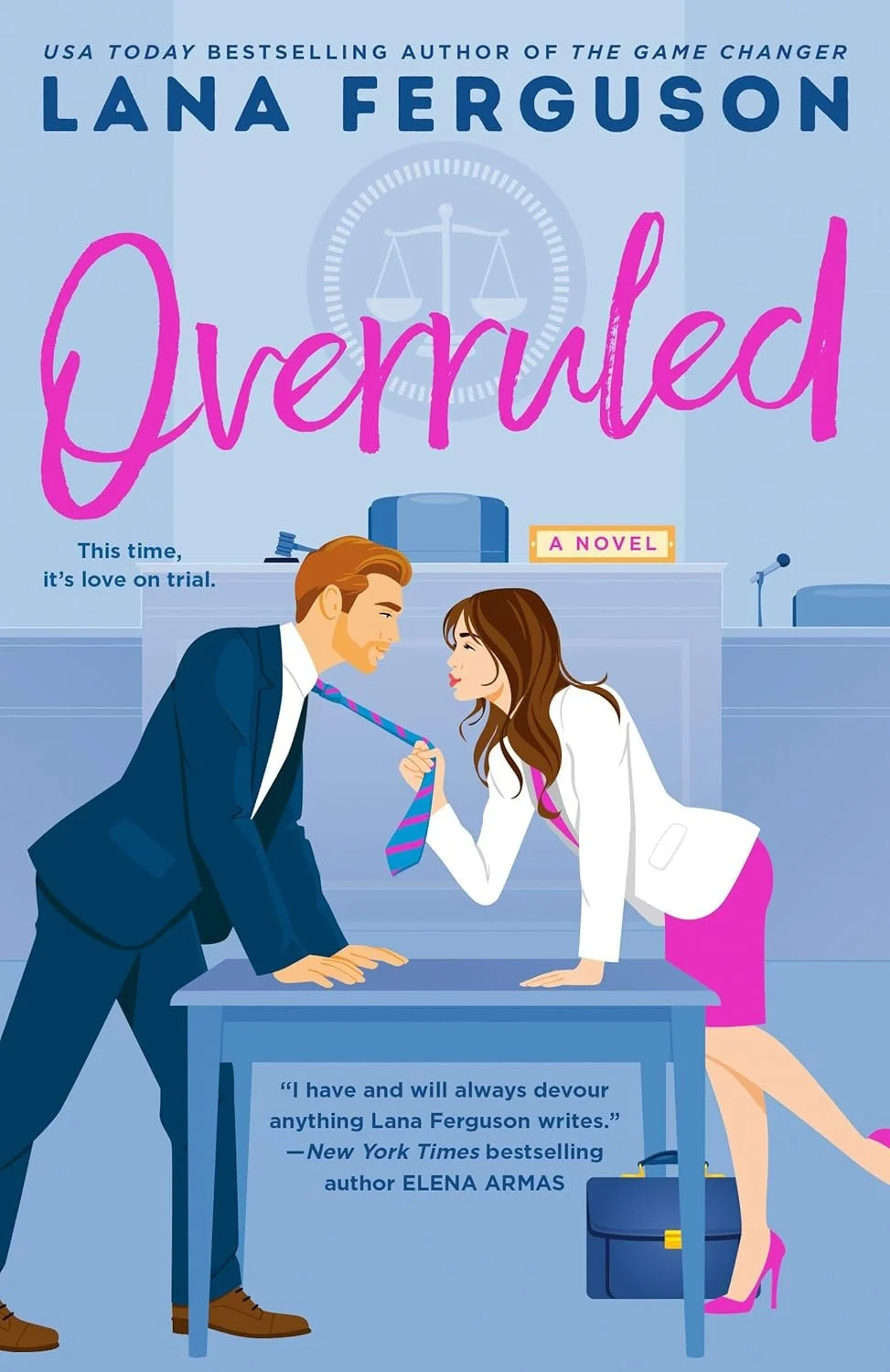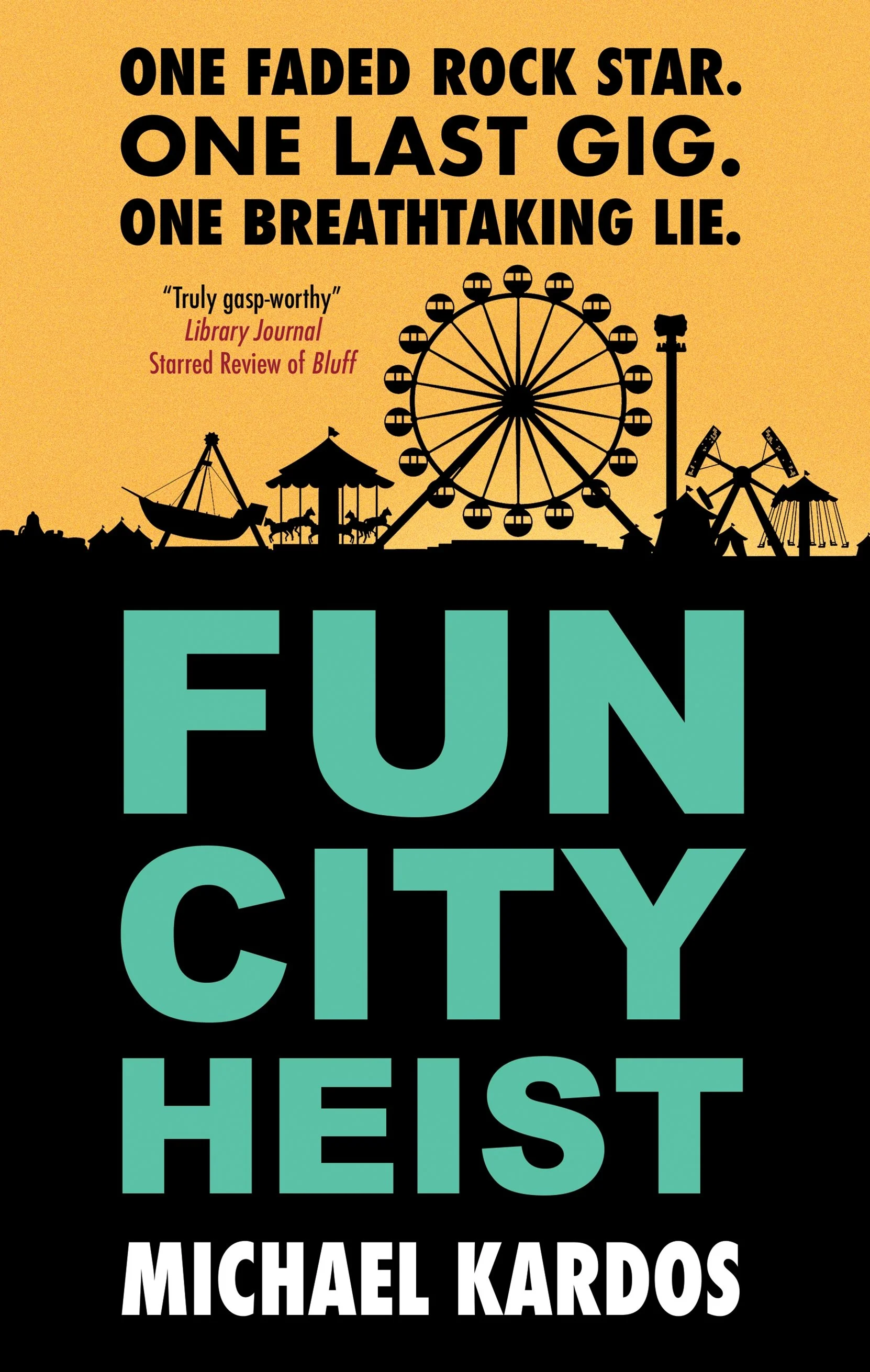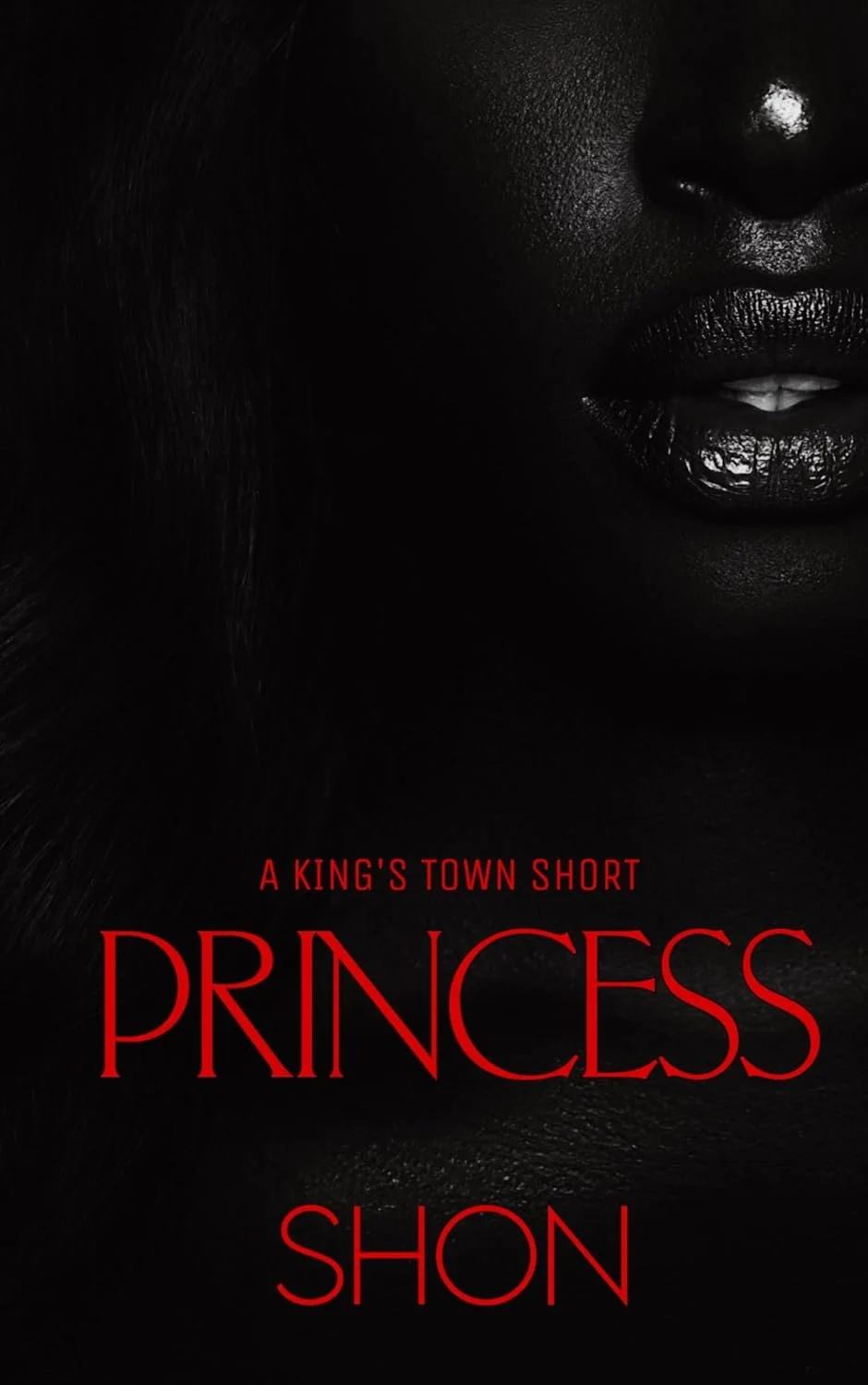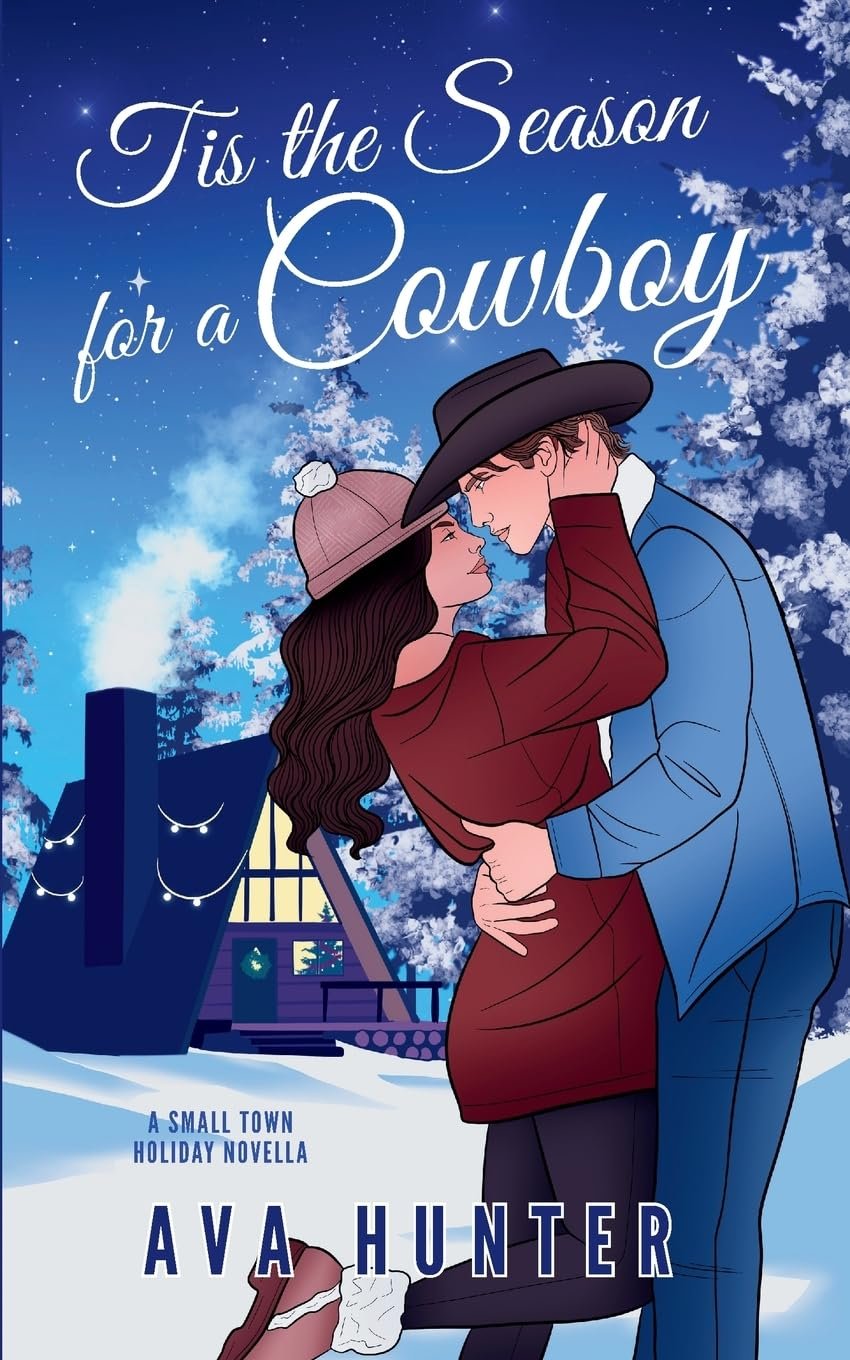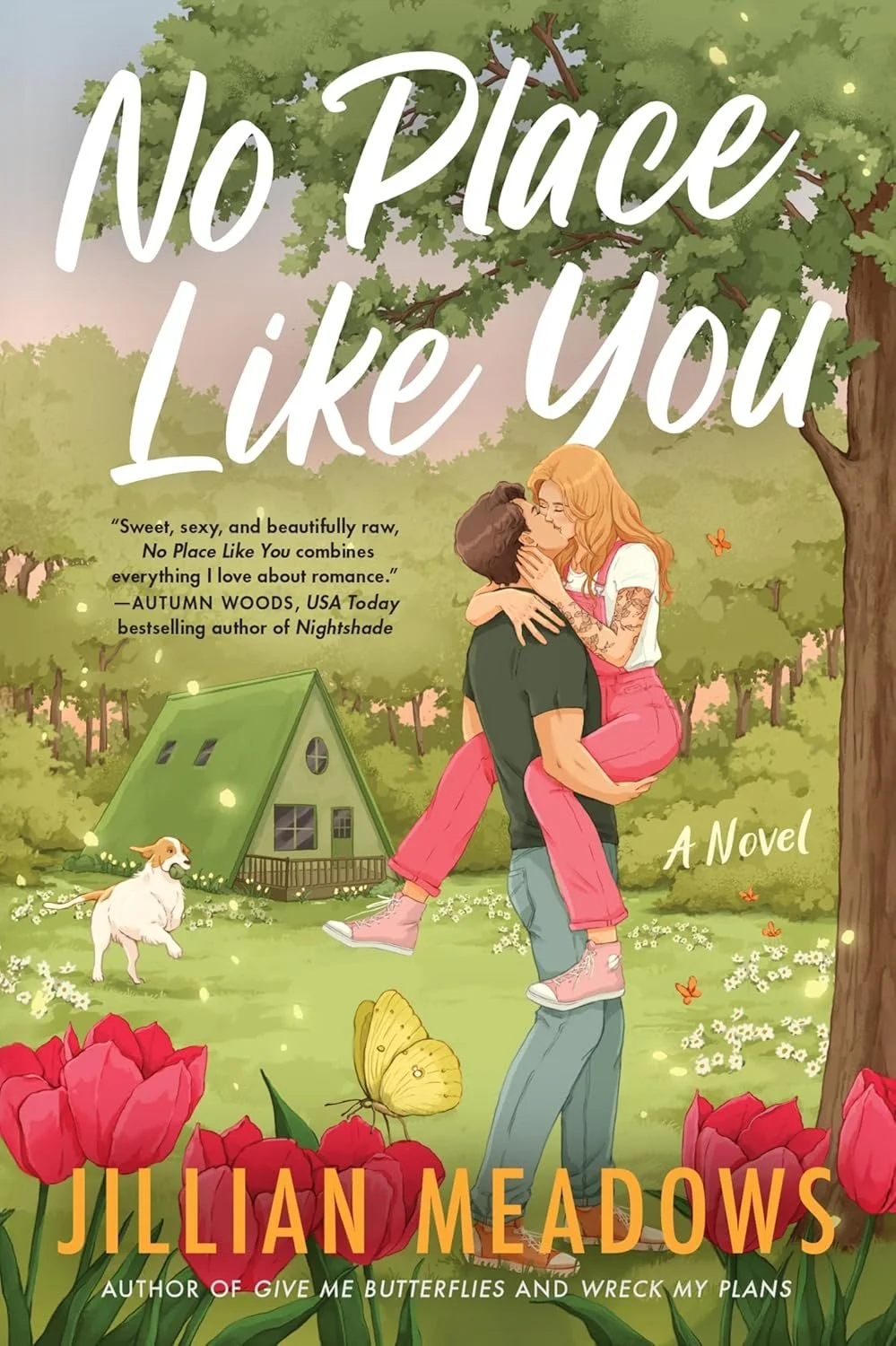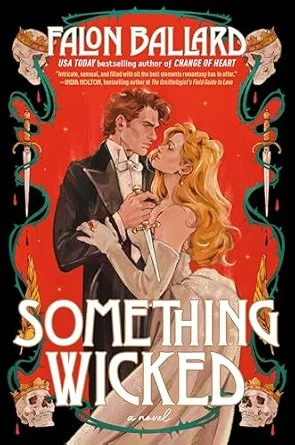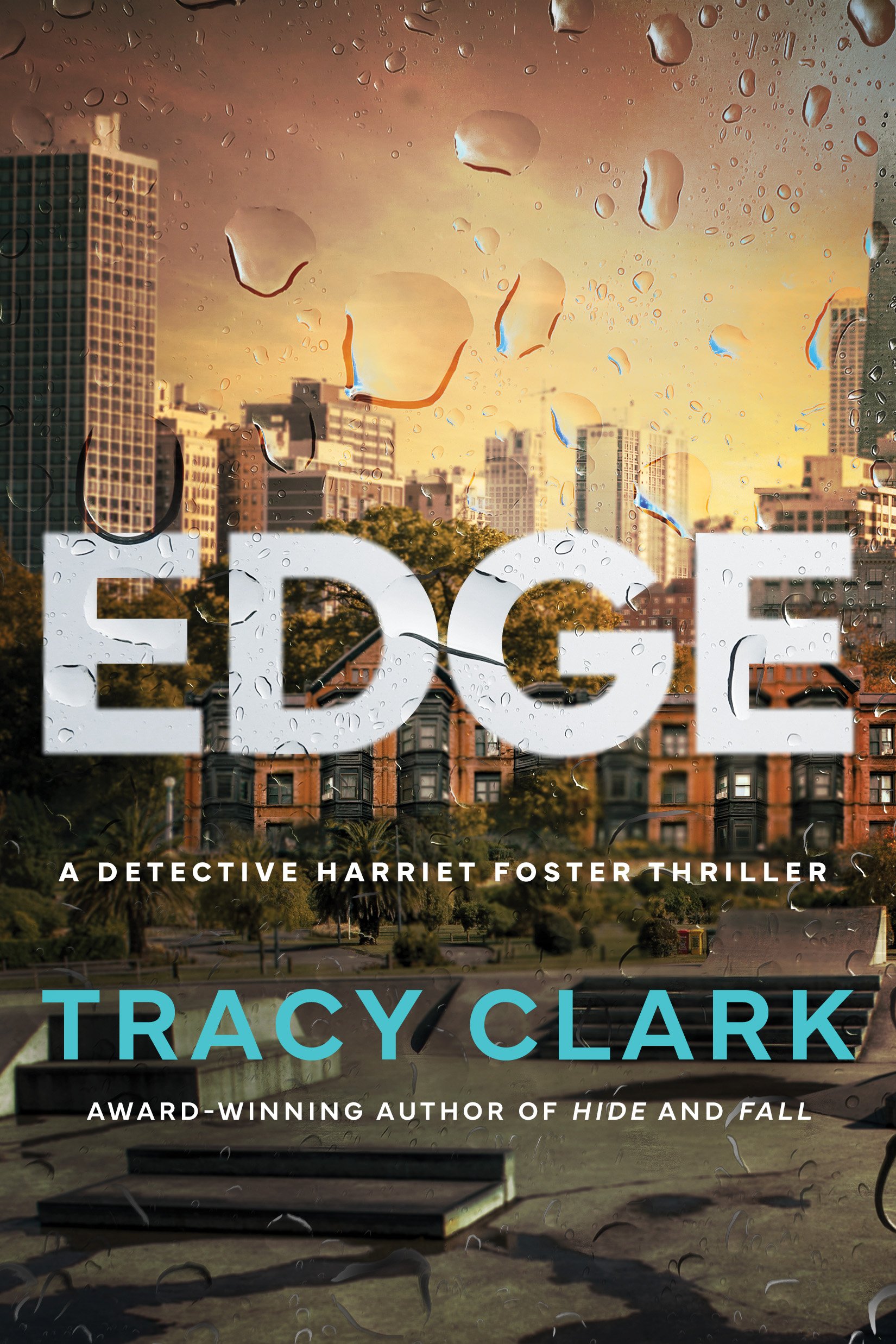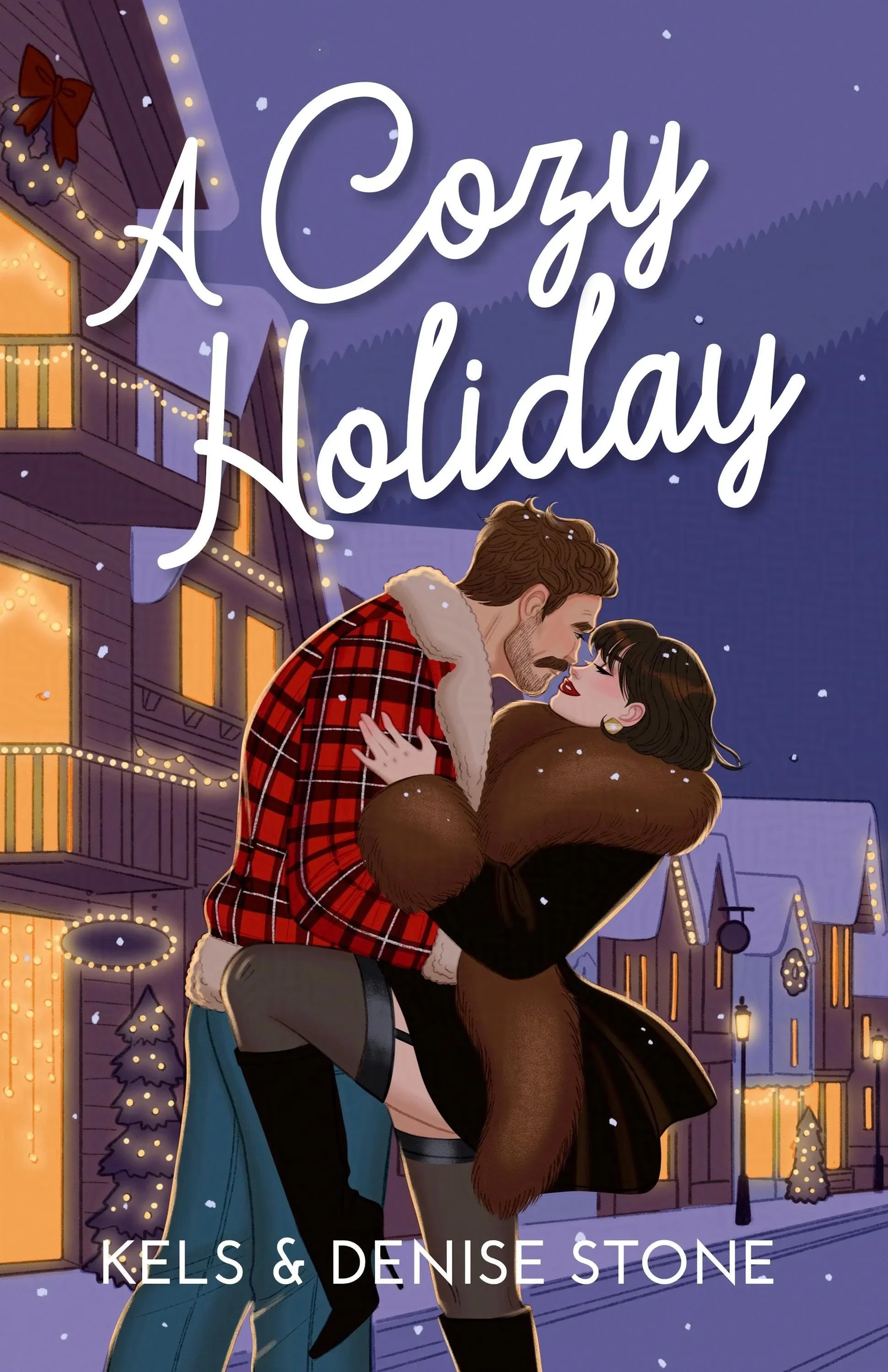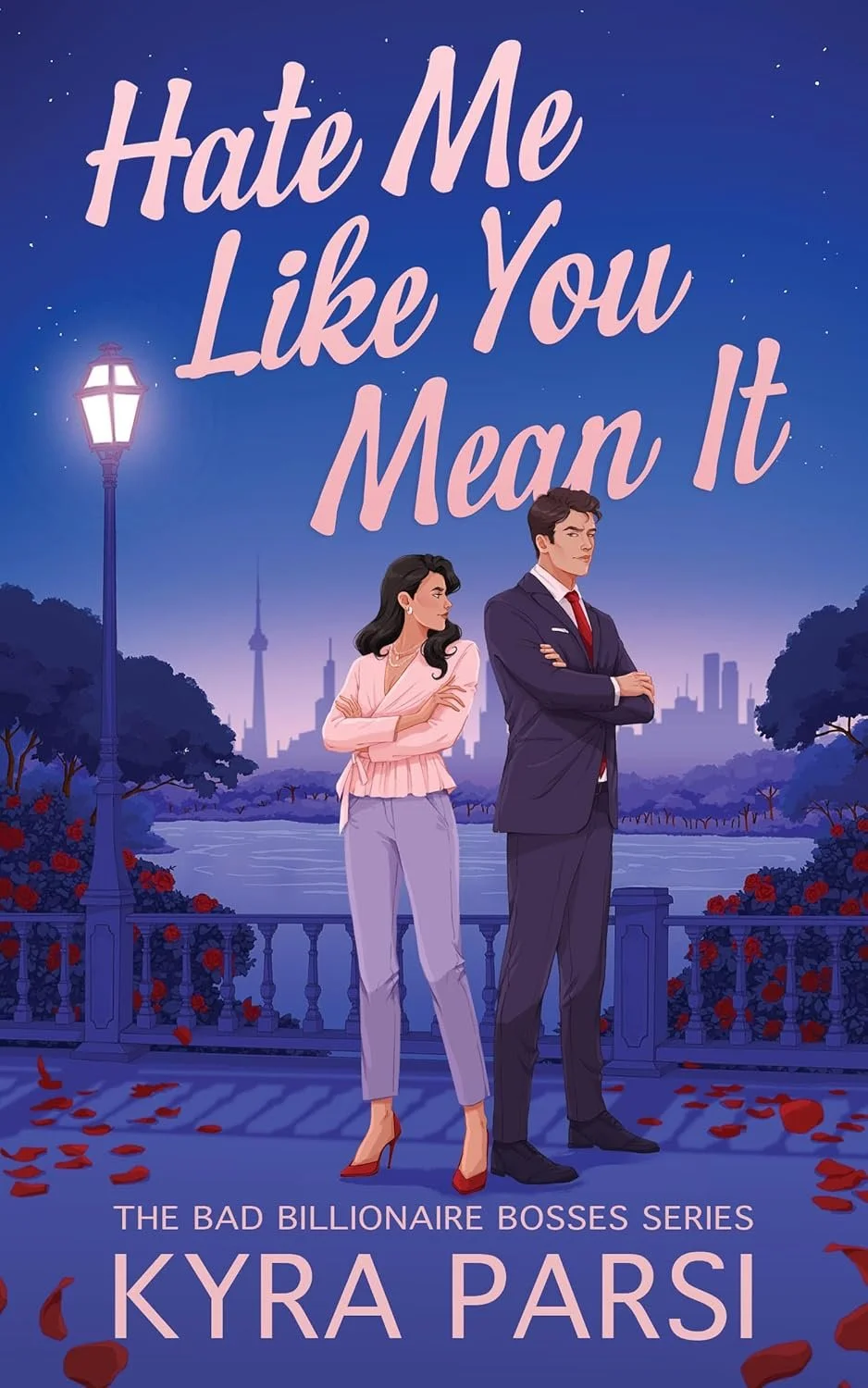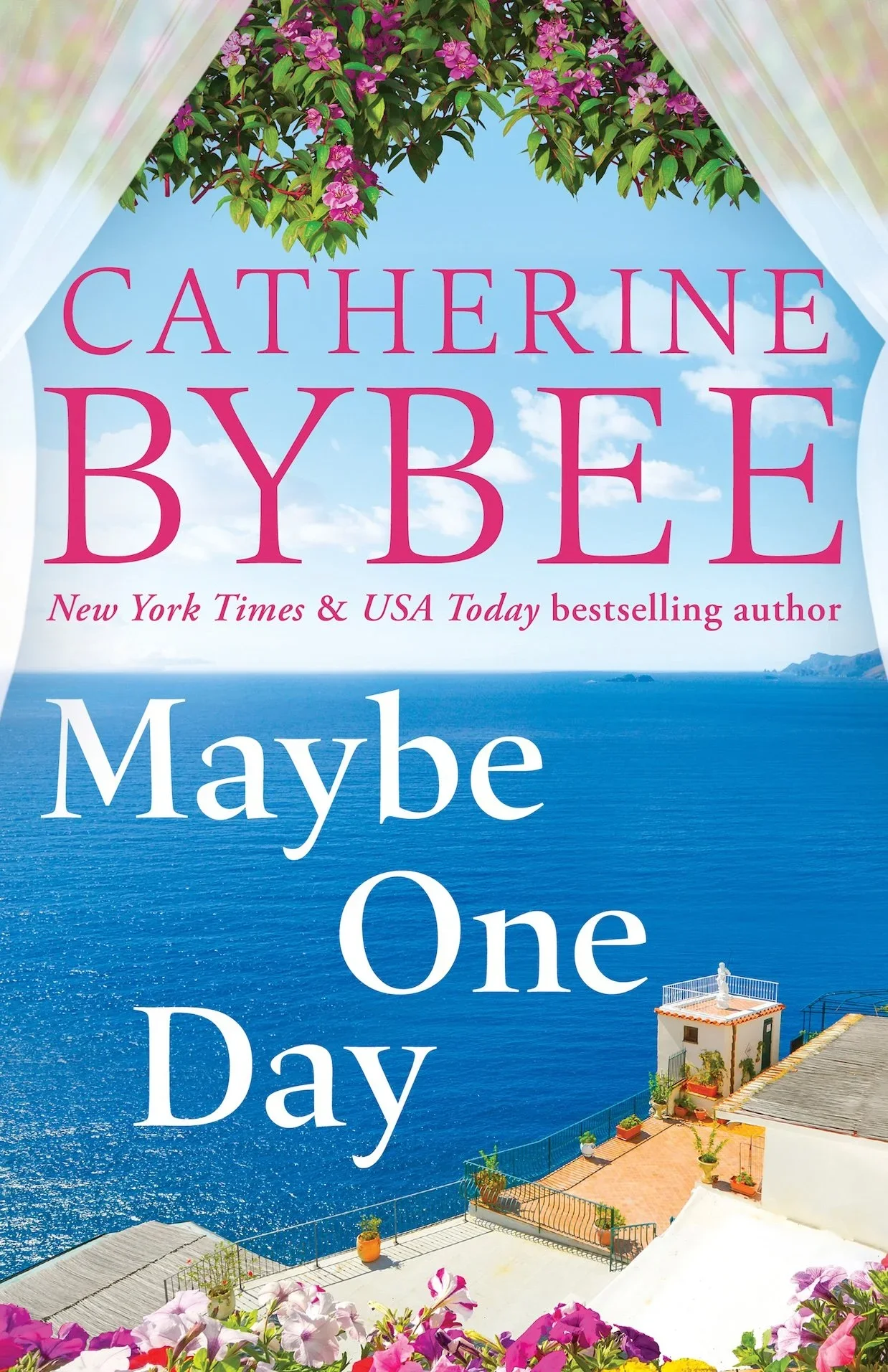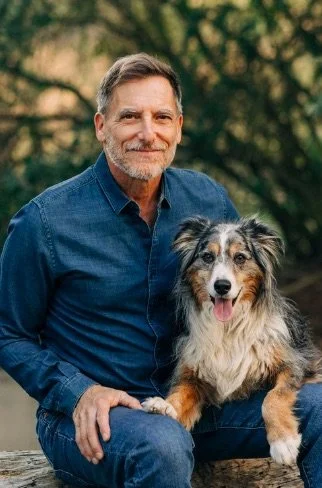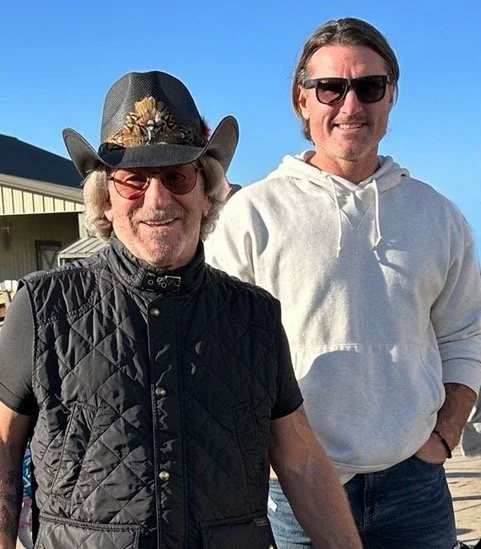Q&A with Sarah Creech
/What did you enjoy most about writing this book?
The research process! I explored the history of country music through the wonderful scholarly texts of Bill C. Malone and I drew so much inspiration from tales of Opry romances and curses, friendships and heartbreaks. Country music is the most neglected of all music styles in scholarly work due to its complicated regional history, but it’s far and away the best narrative music genre. I’m grateful for Malone, who dedicated his scholarly career to studying the roots of country music and beyond. Through Malone and other important writers, I discovered the romantic relationships between Martina McBride and her producer husband and George Jones and Tammy Wynette. Those romantic/working relationships have long fascinated me since I’m in a marriage with another artist.
I also researched the on stage duet relationships between superstars like Dolly Parton and Porter Wagoner and all the complications that arise when a romantic link is missing. I had the pleasure of being granted access to the Frist Library in the Country Hal of Fame in Nashville, TN, where I listened to the earliest recordings of the Grand Ole Opry, found the first draft of Waylon Jennings’s autobiography, which I promptly read it from start to finish, and explored all the microfiche a writer could want about the country music industry. I’m fascinated by independent labels like Big Machine (Taylor Swift’s label) headed by Scott Borchetta and 3rd Man Records headed by Jack White and how they operate in a town where multi-national corporations hold most of the power. I read through many newspaper clippings and explored the trajectory of the country music industry from the 60s to current day and all the disruptions along the way like rock music, the Vietnam War, and the rise of pirating technology.
On one of my last days at the Frist Library, Jack White and his entourage walked into the room where I was the only person granted access on that day. He’s much taller in person and extremely charismatic. His energy animated the inanimate objects in the room. He told me I was pretty. And I thought, the nerve of that guy! He said that to me because he’s Jack White, because he could. Still, for a full hour I was deeply distracted. A few weeks later I found out he was there to pick up one of the earliest known recordings of Elvis. A friend of Elvis’s from before he was famous found the record in his closet, and Jack White had it digitally re-mastered at the Frist Library. And I happened to be there when it was all finished. Meeting Jack White and researching in Nashville became a turning point for the novel. The night before I was set to head home from this research trip, I had a dream that I’d forgotten my current manuscript on an elevator that would never come back down to me. I knew my dream was telling me to start over, to make it bigger, to try and capture all the light, charm, and magnitude of Jack White’s presence and Nashville at large.
Beyond book research, I found myself drinking lots of whiskey with great musicians who generously gave me just enough access to their lives to inspire the characters in this book. Chance McCoy of Old Crow Medicine Show and J.P. Harris of J.P. Harris and the Tough Choices were so open and helpful that I’ll never be able to thank them fully.
If you could trade places with anyone for just one day, who would you be?
Dolly Parton
A la Twitter style, please describe your book in 140 characters or less.
About the rising Queen of Country and the Top 40 superstar she used to love.
Where did the inspiration for this book come from?
A few years ago I was sitting at a local honkytonk joint called the Thirsty Beaver here in Charlotte, NC, where I live. This is an iconic bar in Charlotte, and proudly sells the most Jim Beam in the entire state. The bar is run by two fabulous brothers who created the idea for this place before the Plaza Midwood neighborhood was as cool and in demand as it is now. They had no idea if anyone would come to a bar playing Hank Williams, not Blake Shelton. There’s a velvet Kenny Rogers poster on the storage room door and a Charlie Pride hologram on the wall. (I tried to capture the charm of this place in my novel. The Thirsty Baboon is an homage to this place.)
So I was sitting on a barstool at the Thirsty Beaver, drinking a whiskey neat, and waiting for J.P. Harris and The Tough Choices to start playing. I’d seen J.P. play once before in Galax, Virginia, on a snowy evening where couples came out for a two step. He promised me his show at the Thirsty Beaver would be a lot more raucous. And he was right, of course. I remember sitting on that bar stool, watching him perform with his sleeves of tattoos on display and his big black beard grown out before all the hipsters were doing it and I remember his passion for the roots of country music, for playing covers by the greats like Merle Haggard and Hank Williams. This rebellious musician and all his respect and passion for the tradition really struck me. I thought, What if I guy like this could become really famous in Nashville? And that question sparked the beginning of The Whole Way Home. The book doesn’t follow the exact trajectory of that question, but I’m glad to report that J.P. Harris is well on his way to turning that what if into reality. Now he’s so busy touring that the guys at the Thirsty Beaver can’t book him anymore! We’re all proud of him.
How long have you been writing, and what (or who) inspired you to start?
I wrote and illustrated my first book of poems in the 4th grade and my first novel in the sixth grade, and I’ve been writing ever since. My mother was a voracious reader. I have many memories of walking into her bedroom in the evenings and on the weekends to find her reading paperbacks in bed with many more scattered on the floor. She was a single, hard-working mom of four girls with no help from my father. I knew how stressed and difficult her life was and I remember drawing the conclusion that books gave her comfort, peace, just like reading Roald Dahl, Shel Silverstein, and Amelia Bedelia did for me. Books were magical, and I wanted to participate as a creator.
Do you have any advice to give to aspiring writers?
Treat the first ten years like an apprenticeship. Be impatient for success and patient with your failures. Don’t quit.
Is there anything that you would like to say to your readers and fans?
Thank you so much for reading on all formats, for building community through books, and for keeping word of mouth promotion alive and well. Without you, writers work in a silo.

